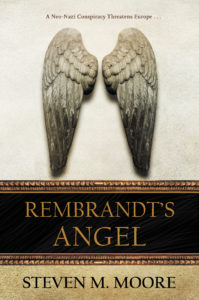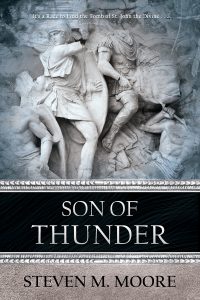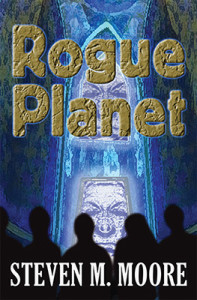Death…
The eternal questions about death and life are present in fiction because we have to face them in our daily lives. That’s part of being human, and I’m sure if ETs are “out there,” they ask the same questions. Pandemics are common in sci-fi stories that are post-apocalyptic. They often deal with death on a massive scale, which everyone hopes COVID-19 won’t cause—the numbers are startling until you consider they’re like the flu (the difference being that there’s no vaccine and it seems about ten times more lethal). (Fortunately my post-apocalyptic novel The Last Humans was published a while ago, but the virus in that was bioengineered to do maximum damage. Still, I won’t be marketing that book heavily in the next few months!)
There are fiction genres, however, where death isn’t about numbers. In murder mysteries and crime stories, only one or two people die and someone figures out who did the deed. In thrillers, sometimes a conspiracy is involved, but the body count is also small (post-apocalyptic thrillers, like The Last Humans, are an exception). Yet the eternal questions about death and life play important roles.

Putting it a different way, death is part of real life (and mostly affects the living), and fiction, to be good, must seem real. And, in fiction, especially in the genres mentioned, good and bad gals and guys die. Yet authors rarely dwell on the actual deaths, unless the story is a psychological one about a living character’s psychological hang-ups when someone has died. Authors instead focus on how the living handle death: revenge for an unjust death, determination in finding the persons responsible for a murder and bringing them to justice, and so forth.
I suppose authors of fantasy, horror, and supernatural stories are more likely to dwell on what comes after death, but most of us avoid that issue because we just don’t know for certain what happens after. People of faith might insist they know, but that’s not really knowledge—it’s belief. And another person’s belief just might be the “certainty” that there’s absolutely nothing, like Esther Brookstone’s last husband in Rembrandt’s Angel. (The art detective herself is a bit more ambivalent, as readers of Son of Thunder know.)

How the living handle death makes more interesting fiction. Most readers and writers have had to handle it in some way (I certainly have)—with family or friends, at accident scenes, in warfare, in violent street altercations, and so forth. And we all have to come to grips with our own immortality. All these provide situations for our characters, ones that make them more human.
An author can’t trivialize these situations even in comedy. Ghosts can be great fun in comical situations, but generally dealing with death is a serious plot device. The detective, CSI, or ME might be accustomed to death, but death is still a serious business, even for them.
Dealing with death is just as important as dealing with life in our prose. We shouldn’t dwell on death as the story progresses, or the story becomes morbid (although that might be a theme, but if it’s the only theme, it’s depressing). We also don’t want to minimize it because that would minimize a lot of emotions many readers have already experienced. Striking that balance is yet another example of the Goldilocks Principle applied to writing.
***

Comments are always welcome.
Rogue Planet. A deposed king’s son must fight to win back his planet from a brutal theocracy. No Game-of-Thrones dragons, just hard sci-fi with Game-of-Thrones action and romance. No magic either, although the theocrats of the planet make the oppressed citizens of the planet believe they possess it. Consider this tale a parable for our times, a warning that what could come to pass if religious fanatics take over. Available in print and ebook (Kindle .mobi) format from Amazon, as well as in all ebook formats from Smashwords and all the latter’s affiliated retailers (iBooks, B&N, Kobo, etc.) and library and lending services (Scribd, Overdrive, Baker & Taylor, Gardners, etc.).
Around the world and to the stars! In libris libertas!
